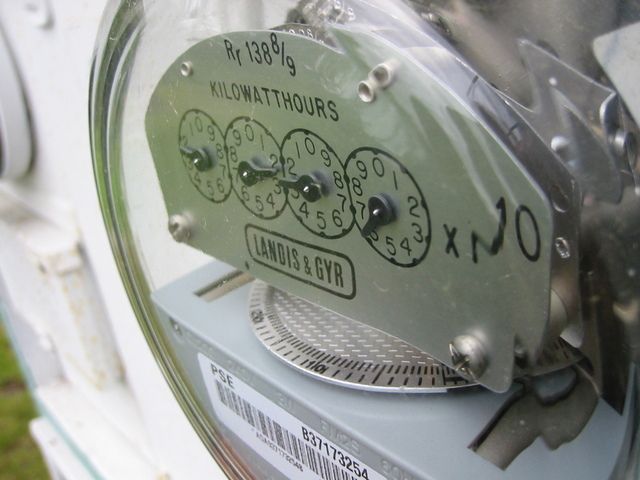
Business owners often struggle with high utility bills every month. High expenses translate to lower profits or income. For most businesses, energy is the highest expense. Do you keep track of your electricity bills? Expanding your operations means adding new employees and equipment, which leads to high electricity bills. You need to find a way of controlling your utility bills as you continue to grow your business, or it won’t remain profitable. Here are some useful tips to help you cut your monthly energy bills.
1. Determine the Peak and off-Peak hours
Depending on where you live, utility companies may offer different peak and off-peak tariffs. If you’re getting off-peak discounts, it would be wise to limit energy consumption during the peak hours.
Compare electricity providers and go for one that offers preferential off-peak hour discounts. States like Pennsylvania, for instance, have strong energy policies and favor off-peak energy consumption. If you live in Pennsylvania, click here to compare energy providers in your area.
2. Implement Energy Saving Practices
Simple practices like switching off lights during the day or at the end of the day will reduce your utility bills significantly. Do your employees keep the air-conditioning on throughout the day? Train them to keep the lights, air-conditioning, and other appliances off when not in use and to schedule regular maintenance checks just in case ac repairs or replacements are needed. In addition, train your employees to switch their laptops and computers off or turn the 'hibernate’ mode on when taking a break.
3. Have an Energy Audit Performed
One of the most important steps in this process is conducting an audit of your energy consumption. You can request your provider to do an energy audit. Most providers give free audits to their clients. You may also hire a commercial electrician to inspect the electrical system of your business premises. Professionals from companies like Damyans Electric may help you check and repair your electrical system and determine areas where you can improve your property's energy efficiency. The audit will help you determine if your business is using energy efficiently. You can also identify the areas or equipment that consumes the highest amount of energy.
4. Buy Energy-Efficient Equipment
When buying equipment for your business, consider energy consumption levels. Replace any appliance that consumes high energy. Replace your bulbs with LED and CFL lights that consume low energy. Energy-efficient appliances are slightly expensive, but they will save your utility bills in the long-term.
5. Invest in Solar Panels
One sure way to cut electricity bills is by using solar energy. You will incur a high initial cost when buying the solar panels, but you will reduce your monthly electricity bills when you maximize on solar energy. An additional benefit of using solar energy is that the panels have low maintenance needs. Solar panels can even add value to your home, visit https://www.solar-power-information.net/how-much-do-solar-panels-add-to-home-value/ to read more.
6. Employ Virtual Employees
Modern technology allows business owners to conduct virtual meetings with their employees. You do not have to bring every new employee to your office. Allow your employees to work remotely on some days or throughout the month where possible. While the employees enjoy the freedom of working from home, your business saves on utility bills. Then another great tip that I have is to hire a virtual PA, as they are an amazing help if you work online.
7. Involve your Employees
You cannot achieve your goal of cutting utility bills without involving your employees. They may come up with more strategies and creative ways of saving energy in your business. Have brainstorming sessions with them and train them on energy efficient practices.
These simple energy saving strategies will help your business stay profitable.